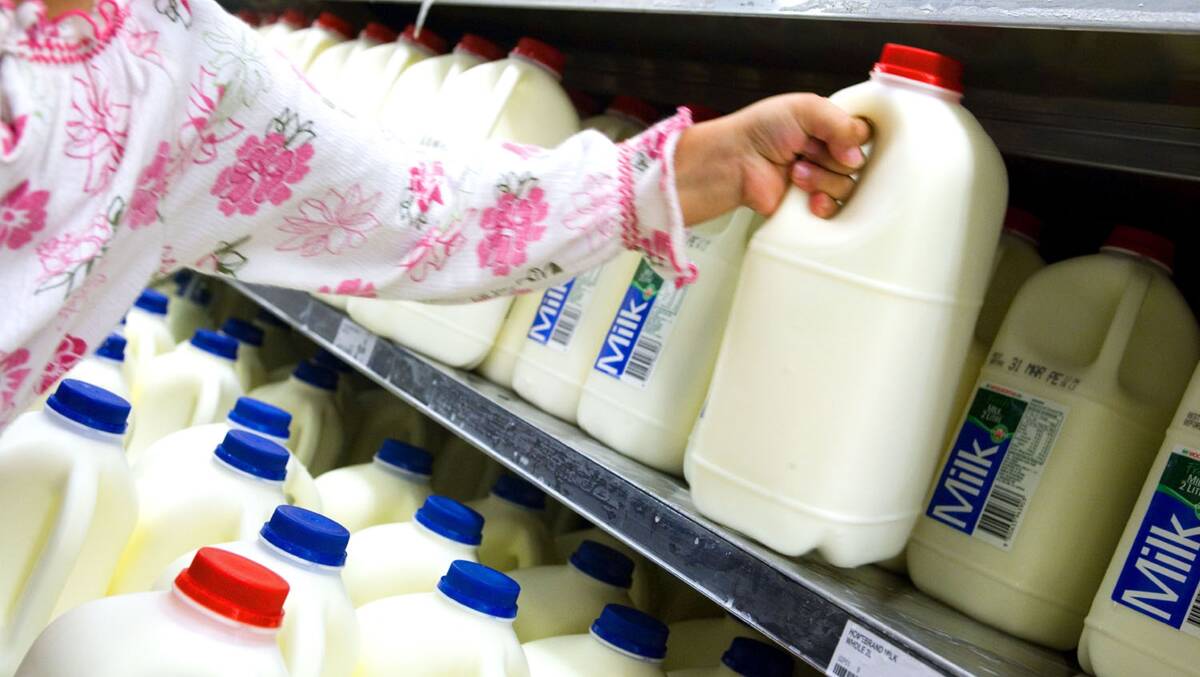
Charles Darwin's theory of natural selection has been playing out across the Australian Fast-Moving Consumer Goods sector for more than a decade, with many weak brands disappearing from our shelves.
Some of our childhood favourites have gone: Polly Waffle, Sunnyboy, Tasty Toobs.
Even big global brands such as Kraft have almost vanished from shelves in Australia.
It's been less 'survival of the fittest', and more 'survival of the not so weak'.
A lot of the brands that have survived are not as healthy as they once were.
Coles and Woolworths have had an aggressive agenda to strengthen their businesses, but it has been at the expense of their suppliers.
To be fair, the two grocers have had their own challenges to deal with, including high stock market expectations in a relatively flat industry, and competition from each other as well as new entrants.
Arguably, the entry of Aldi, the German discount retailer, has had the most profound impact on the Australian grocery scene.
Aldi's business has more directly cannibalised the Metcash network of independents (including IGA), but it hasn't stopped Coles and Woolworths from running scared.
To steal market share from each other and to combat Aldi's low prices, the two grocers have obsessed about lowering prices.
Rather than reducing operating costs to fund the lower prices, such as stocking pallets on the floor like Aldi, Coles and Woolworth have focused on reducing the price they pay for goods.
With significant market power, they have been able to 'negotiate' price reductions, fundamentally shifting margin from suppliers' profit and loss to theirs.
Price promotions have continued to get deeper and more frequent, with some brands selling as much as 90 per cent of volume on promotion.
The duopoly has cut back the range of branded offers to accommodate the shelf expansion of private label ranges.
Most experienced FMCG professionals will have war stories of range consolidations, where three brands turn into two or even one overnight.
The blind auctions leave no winners; one brand loses all its ranging, while the remaining brands survive, but at a reduced margin, often as much as 10pc lower.
Old FMCG advertising budgets that were used to create iconic campaigns, such as 'My dad picks the fruit', have been traded for supplier-funded retailer campaigns, such as Coles' One Direction giveaway or the latest collectable campaign.
Most FMCG market budgets have been reduced over time due to decreased margins or increased retailer demands, limiting the ability to invest in building memories and associations.
To deliver profit expectations, suppliers have been having annual restructures, reducing head counts and cutting investments.
The latest Food and Grocery Council report highlights "a 10.3pc decrease in net capital expenditure, off the back of a decade of declining investment".
Reduced margins and challenging trading conditions are making it harder to justify the capital investment which fuels innovation.
The Australian grocery duopoly has slowly strangled the life out of Australian packaged goods brands.
Lower margins, reduced ranges and hostile environments have made it difficult to drive innovation and invest in building brands.
Fortunately, the fundamentals of branding have not changed and still apply.
Consumers still use brands to shortcut and automate decision making.
Building a brand in the consumer's mind is still the best way to protect innovative IP.
Strong brands deliver above-average returns, helping create stronger profits.
While Coles and Woolworths have made it difficult, it's not impossible to thrive.
A2 milk is an excellent case in point, having grown from nothing to nearly $1bn turnover.
A new breed of FMCG brands that are not reliant on Coles and Woolworths are emerging from the shadows too.
New routes to market, direct to consumer e-commerce sites, online retailers like Amazon and a thriving group of modern, independent grocers such as Gum Tree Good Food stores are opening up opportunities for new brands.
These startups become attractive acquisition targets for the established players who can no longer grow their brands or deliver innovation to the market.
Unless companies rediscover how to build brands, they are going to face constant downward pressure on margins and be reliant on acquisitions to drive their top-line growth.
It's time Australian FMCG companies stop playing short-term games and start investing in their brands to drive growth long term.
Who wants to shop in a supermarket that only stocks own label products?
Troy McKinna is an entrepreneur and brand building specialist. He is the co-founder of Agents of Spring and Calm & Stormy.
This article first appeared on Mumbrella

